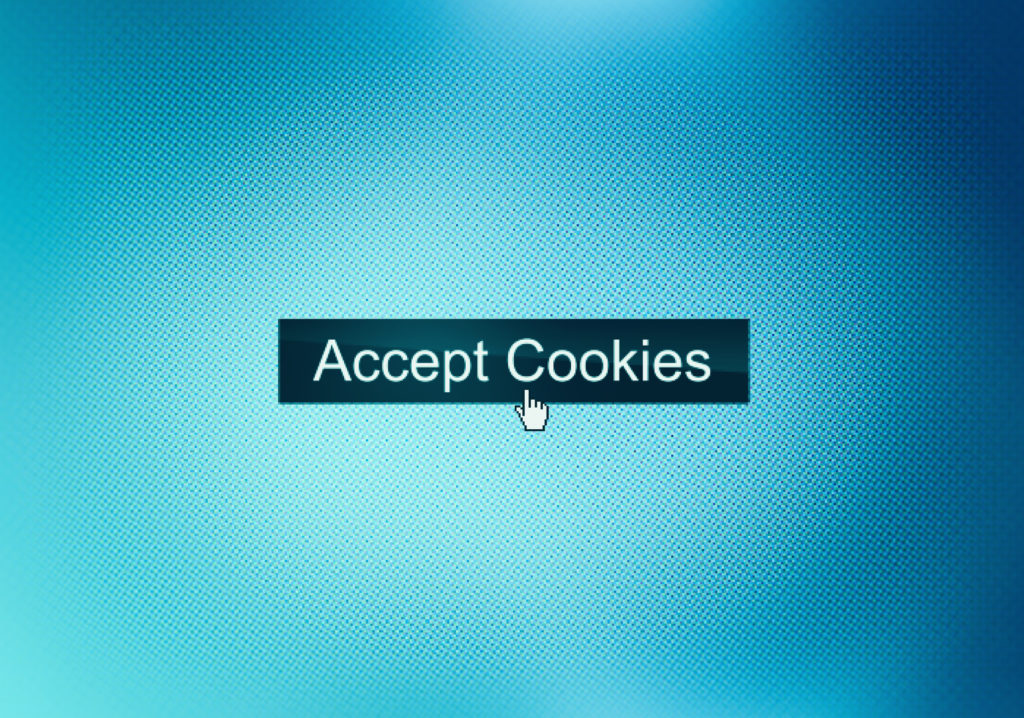The so-called Dead Internet conspiracy theory, which posits that the internet in its current form is mostly generated by artificial intelligence networks, owes its existence to a thread on Agora Road’s Macintosh Cafe. What’s it all about, and where does the recent popularity of “I hate texting” tweets fit into it?
When and where did Dead Internet Theory originate?
Agora Road’s Macintosh Cafe is, per The Atlantic’s Kaitlyn Tiffany’s description, “largely for discussing lo-fi hip-hop”.
But it’s also home to discussions about conspiracy theories, of which dead-internet theory is one.
In a thread titled Dead Internet Theory: Most Of The Internet Is Fake – so far viewed just over 75,000 times – Agora Road user IlluminatiPirate details “certain suspicions, hunches and experiences” he has regarding the state of the internet. The thread appeared in January 2021.
- CULTURE: Never-before-seen Basquiat painting explored

“The Internet feels empty and devoid of people”, he writes. “It is also devoid of content.”
He describes it as “entirely sterile”, with “nowhere to go and nothing to do, see, read or experience”. Despite its massive size, he writes, the internet of 2021 is “like a hot air balloon with nothing inside”.
What does the theory suggest?
The post, by the OP’s own admission, touches on many subjects.
These include the early days of image-based bulletin board 4chan, “fake people”, the US’s alleged recreation of the world depicted in Metal Gear Solid 2, and, you guessed it, Mark Zuckerberg.
However, the central message – the TL;DR, if you will – is that most of what we assume to be human-made internet content is actually produced by AI networks working in cahoots with secretive media influencers in order to manipulate people into being better, more submissive consumers.
“I used to be in perpetual contact with a solid number of people across multiple sites”, he writes. “Across the years each and every one of them vanished without a trace.”
Is the internet really all bots?
For the last eight years, cyber security company Imperva has put together an annual Bad Bot Report. Using data from its Threat Research Lab, it offers readers a “comprehensive look at the bad bot landscape”.
- CULTURE: What is an SA scene? Meaning explored following podcaster’s viral tweet

According to their latest report, traffic from “bad bots” amounted to just over a quarter of all website traffic in 2020.
The industries with most bad bot traffic are Telecom & ISPs (45.7%), Computing & IT (41.1%), Sports (33.7%), News (33%), and Business Services (29.7%).
In the words of Atlantic writer Adrienne LaFrance, writing in 2017, “the Internet is mostly bots”.
“Some bots help refresh your Facebook feed or figure out how to rank Google search results; other bots impersonate humans and carry out devastating DDoS attacks.”
At the time, bots accounted for 52% of all web traffic. Now, they account for just over 40% – but that’s not necessarily reason to hope. Some of those bots call Twitter their home – which is where the “I hate texting” phrase comes into play.
What has ‘I hate texting’ got to do with dead-internet theory?
Kaitlyn Tiffany noticed a pattern among Twitter accounts posting tweets starting with the phrase “I hate texting”.
“There are slight changes to the verb choice and girlish username and color scheme, but the idea is the same each time: I’m a person with a crush in the age of smartphones, and isn’t that relatable?”
- CELEBRITY: Who were Mahal and Mura? Filipino comedian mourned by community
In the second week of August, one user even collected examples of “I hate texting” tweets and suggested that they were evidence of Dead Internet Theory.
Inevitably, conversations about dead-internet theory end up going round in circles. I am real – you are real – but proving internet users’ realness, en masse, is no easy feat.


